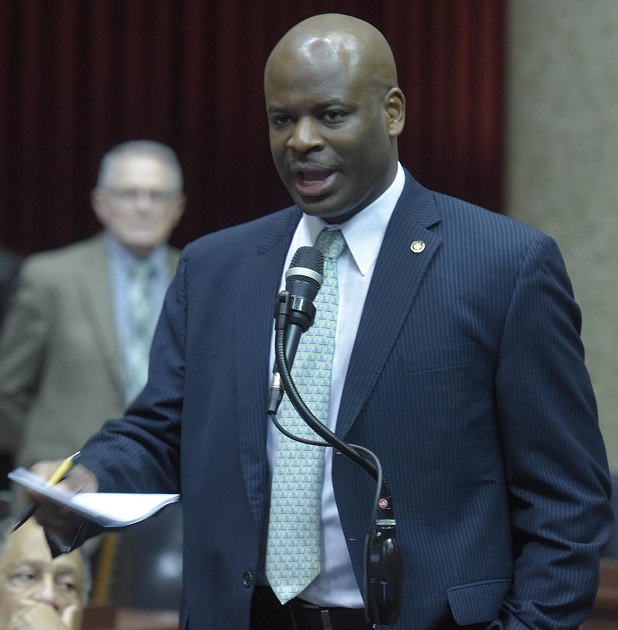The Missouri House has advanced another priority of its Republican supermajority, sending a right-to-work bill to the State Senate.

HB 91 would bar union membership or the paying of union dues from being a condition of employment. It would make violators of that prohibition guilty of a Class “C” misdemeanor and would require county prosecutors and the state Attorney General to investigate complaints of violations. It would also negate existing agreements between unions and companies that require the paying of union dues or fees.
Many Republicans, like Representative Rick Brattin (Harrisonville), say right-to-work is an issue of worker freedom.
Democrats like Karla May (St. Louis) say a right-to-work law will let workers who aren’t paying union dues enjoy the salaries and other benefits that unions fight for.
Republican backers say right-to-work will bring more jobs to Missouri, and argue there are many companies that would have come to the state already if it had a right-to-work law.

Democrats said the idea that a right-to-work law would result in more companies bringing jobs to Missouri is, “preposterous.”
The House voted 100-59 to send the bill to the Senate.
Sponsor Holly Rehder (R-Sikeston) said she will work next week on more labor reform issues when the Economic Development Committee she chairs holds a hearing on a bill supporters call “paycheck protection,” and opponents call, “paycheck deception.” It would bar the automatic deduction of union fees or dues from a public employee’s pay except with that employee’s annual permission. It would also bar the use of union dues or fees for political campaign donations except with permission from the union members paying them.